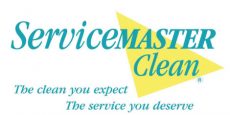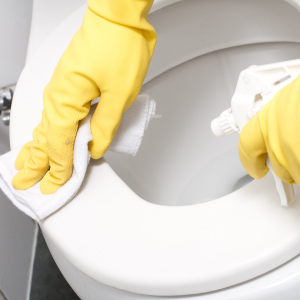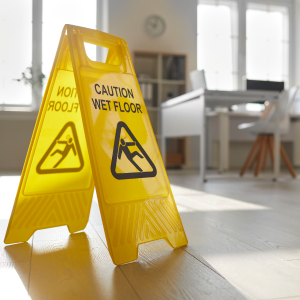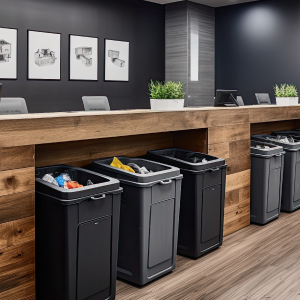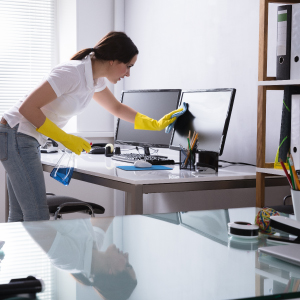Most people would agree that cleaning their home is a permanent item on their to-do list. As well as minimising the spread of germs and reducing allergens, a regularly cleaned and tidied home reduces stress, looks better, means that less time will be spent cleaning if it’s done little and often, there can be a place for everything with everything in its place, and the more things are looked after, the longer they’ll last. The usual problem for many people is finding time, so a few shortcuts can really help to keep on top of things,
- Housework is a necessity.
- Finding time to do it can be difficult.
- Using easy hacks and shortcuts can make it much easier.
Like it or not, housework and cleaning have to be done and whilst they might not be at the top of everyone’s list of favourite activities, the satisfaction that comes from having a clean and tidy home is not to be underestimated. Nevertheless, for many people, cleaning is a bit of a chore so making the most of a few simple cleaning hacks that save time and effort can fast track spotless results.
Firstly, tackling the kitchen and utility room.
Ovens are a heavy-usage kitchen appliance and by their very nature are going to get dirty as a result of food spillages and baked-on residues. However, not only can commercial oven cleaners be expensive, sometimes people prefer to go easy on the chemicals. One way to clean the oven chemical-free is to place an ovenproof container of water inside an oven that has been pre-heated to 200˚C, close the door, and leave for around 45 minutes. Then turn off the oven and leave to cool and the residue inside the oven will have loosened and can be wiped off.
Stainless steel is a popular finish for ovens, microwaves, toasters, and kettles, but the downside is that finger marks and splashes are not so easily wiped away. Using a small amount of baby oil on a soft, clean cloth does the trick.
The fridge is another high-use item that needs regular cleaning. Laying a couple of sheets of kitchen roll will minimise mess in the crisper drawers and for a really thorough job, the draws and shelves can go through a cycle in the dishwasher. A clean cloth, or even a toothpick can get out any bits from the trims.
Bicarbonate of soda has a multitude of cleaning uses. Mixed to a paste and placed on a saucer or in a bowl it can absorb odours in the fridge, and because it’s so gentle it can be used to clean tannin-stained teacups or teaspoons then rinsed off afterwards. Similarly, the paste can be used on sinks, microwaves, and bigger cooking utensils. It can also shine-up silver if it’s mixed to a 3:1 ratio of bicarb to water so long as a soft, lint-free cloth is used.
Shaken over the item, left for 15 minutes, then vacuumed up, it can also be used to get lingering smells out of carpets, upholstery and even and even the dog basket.
When mopping the floor in the kitchen or utility room – or any hard floor – remember that warm water (never hot or boiling which may damage the flooring) will release ingrained dirt more successfully than cold water.
For the washing machine, it can be a good idea to use a commercial washing machine cleaner every 3-6 months, but again, they can be quite expensive. In the meantime, a monthly run through the 60˚ cycle without detergent or clothes should remove bacteria and mould.
Next comes the rest of the house.
Most of us use a vacuum cleaner regularly so it’s worth making sure regularly that it’s working at maximum efficiency. The better the suction, the less time will be spent vacuuming the floor and tackling dust traps. So, check all the attachments and make sure there are no blockages, wash any filters as recommended, and empty or replace the dust chamber or bag as required.
While it’s clearly not a good idea to mix water and electrical items, wiping with a very slightly damp or dry microfibre cloth is a quick way to clean games consoles, keyboards or remote controls, and a bit of rolled up sticky tape or adhesive putty can get dirt and grime from between the keys.
In bathrooms (or tiled kitchens), it can feel like there’s a never-ending battle with grout. Commercial products are available but a quick home fix uses use a bicarbonate of soda and water paste. Apply the paste to the grout then spray vinegar from a clean spray bottle over the paste. After it has bubbled, rub it away with an old toothbrush and rinse with water.
Finally, distilled white vinegar can also be used to descale shower heads. Detach the shower head and put it in a plastic bag or basin, immersing it in the vinegar for an hour. Then, run the shower on hot. For taps, do the same by wrapping a vinegar-soaked cloth around the stubborn limescale and leave it overnight then rub away. Because vinegar is an acid, remember that this isn’t a suitable hack for gold or other plated taps or shower heads.
In general, try to disinfect cloths and cleaning sponges often. Keep them clean and dry so that every time you go to clean, you’re doing so with equipment that’s ready to go.
There’s no getting away from the necessity of cleaning the house, so anything that speeds up the process is a bonus.
